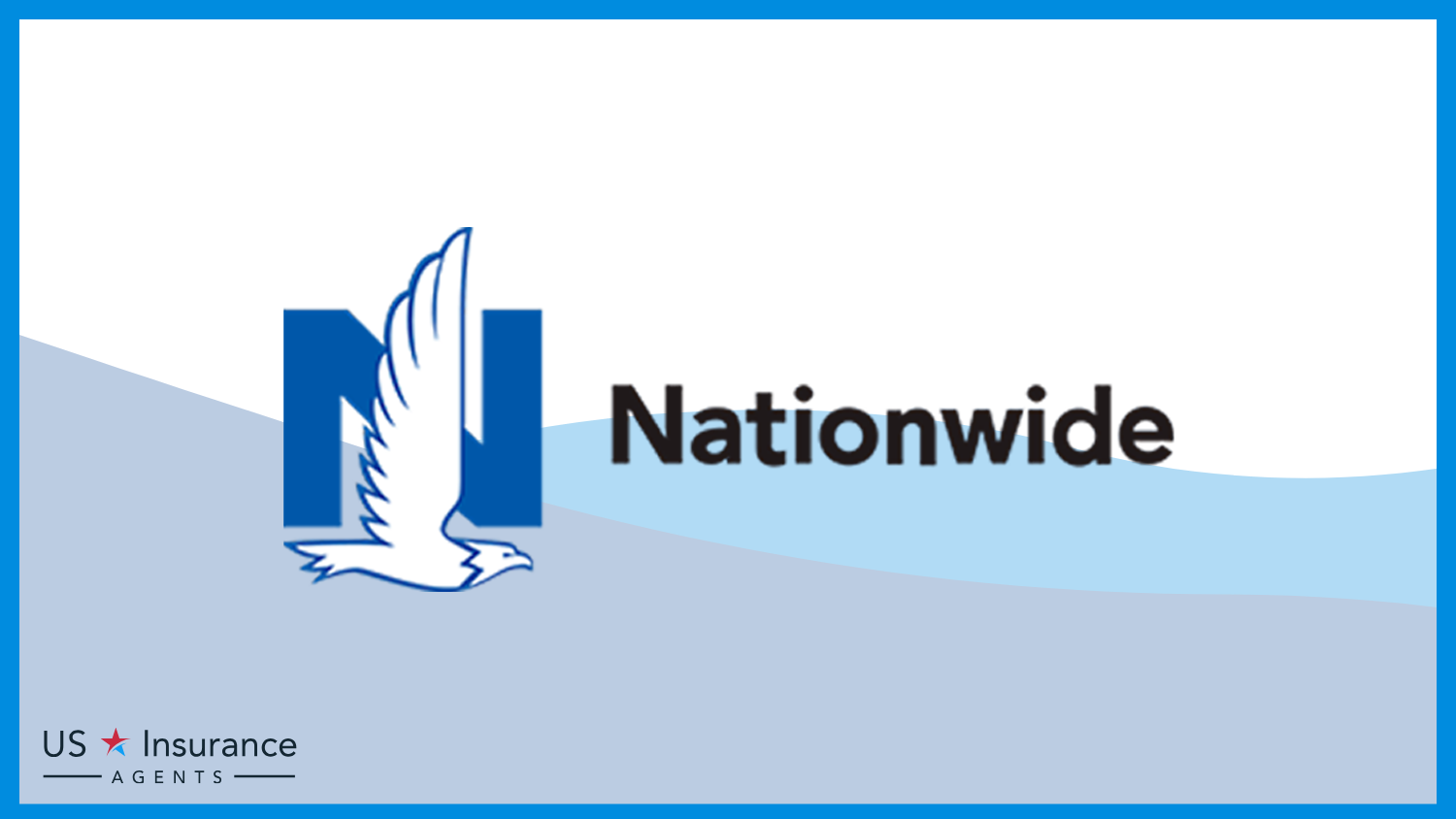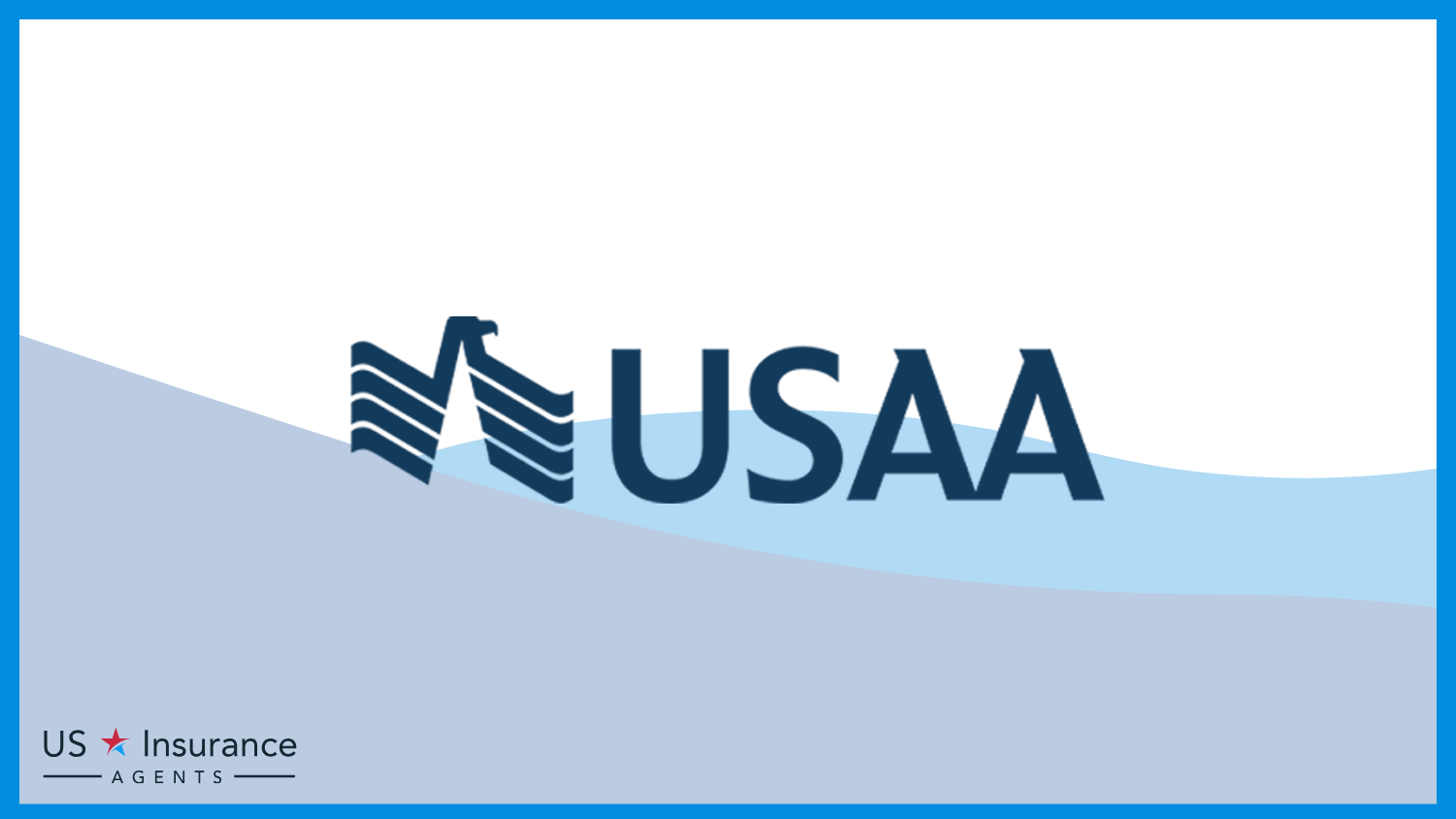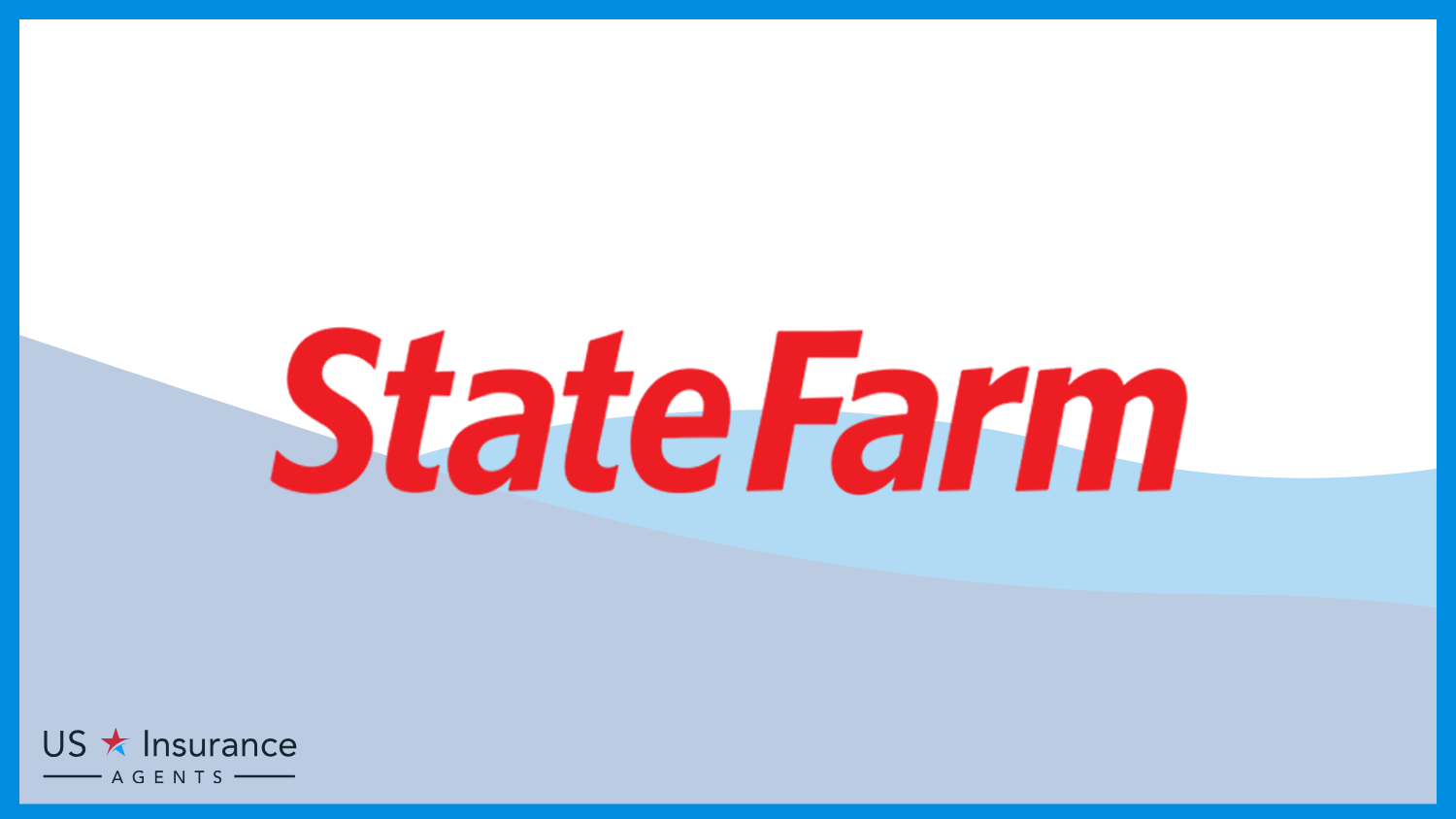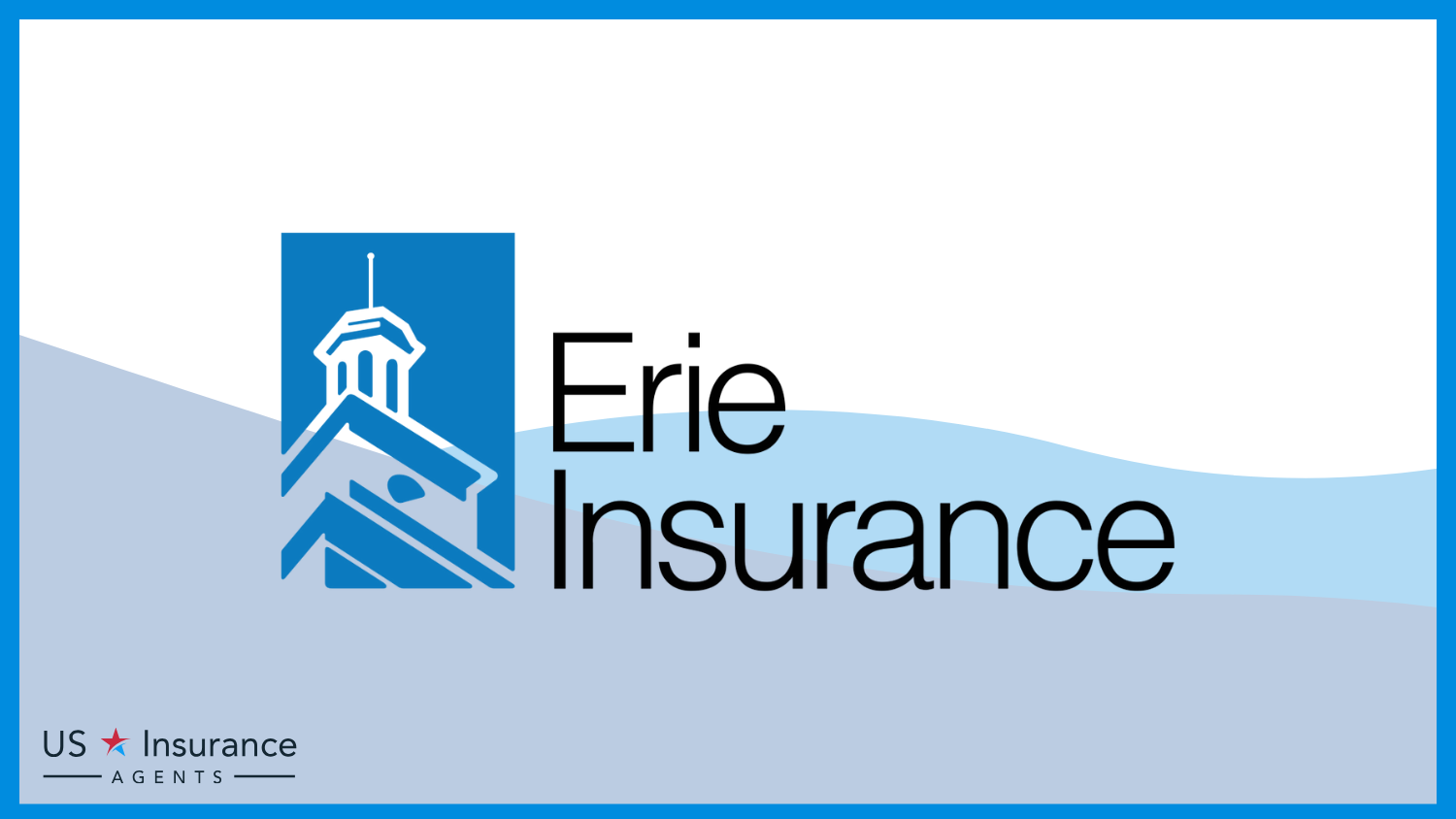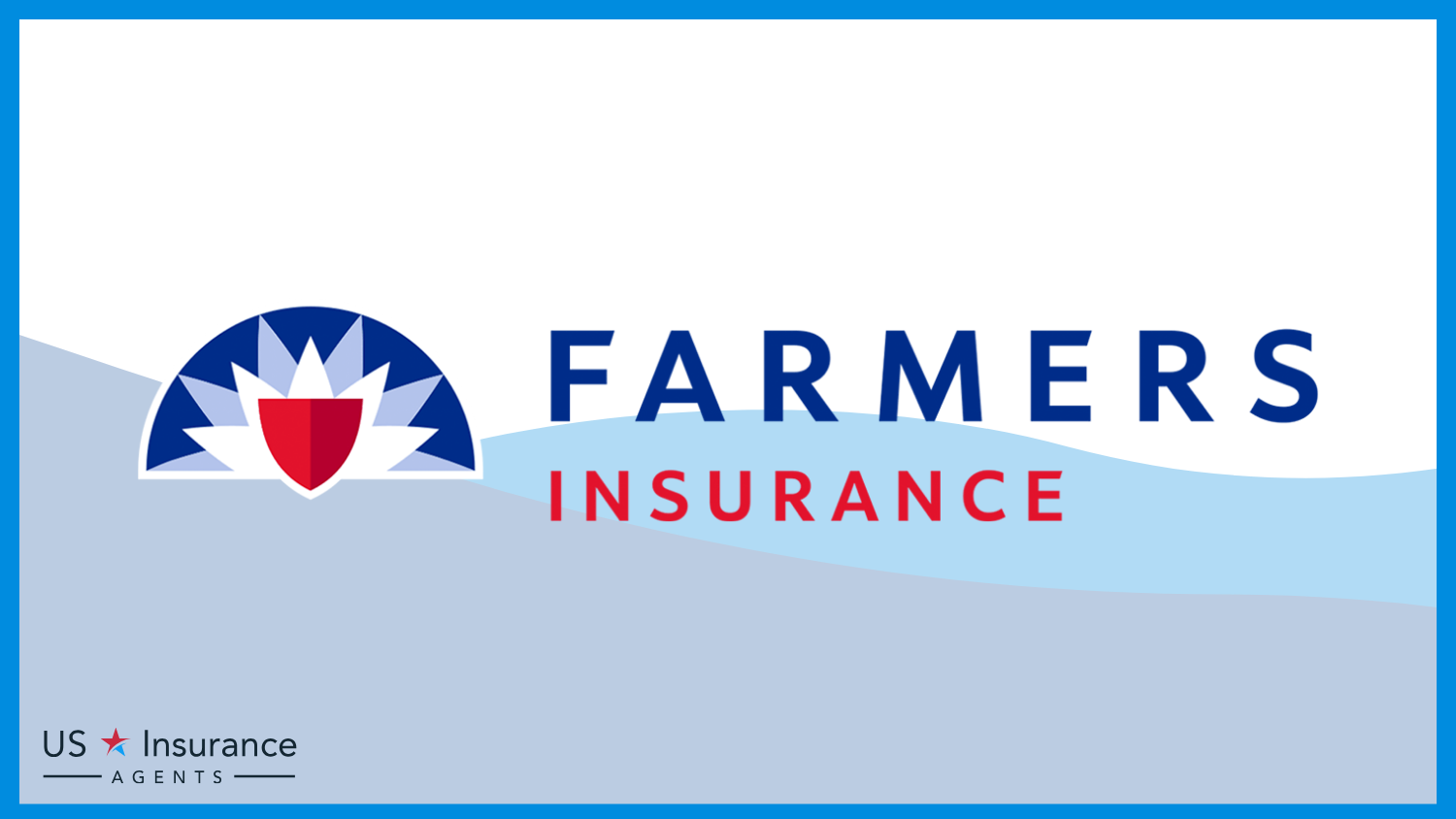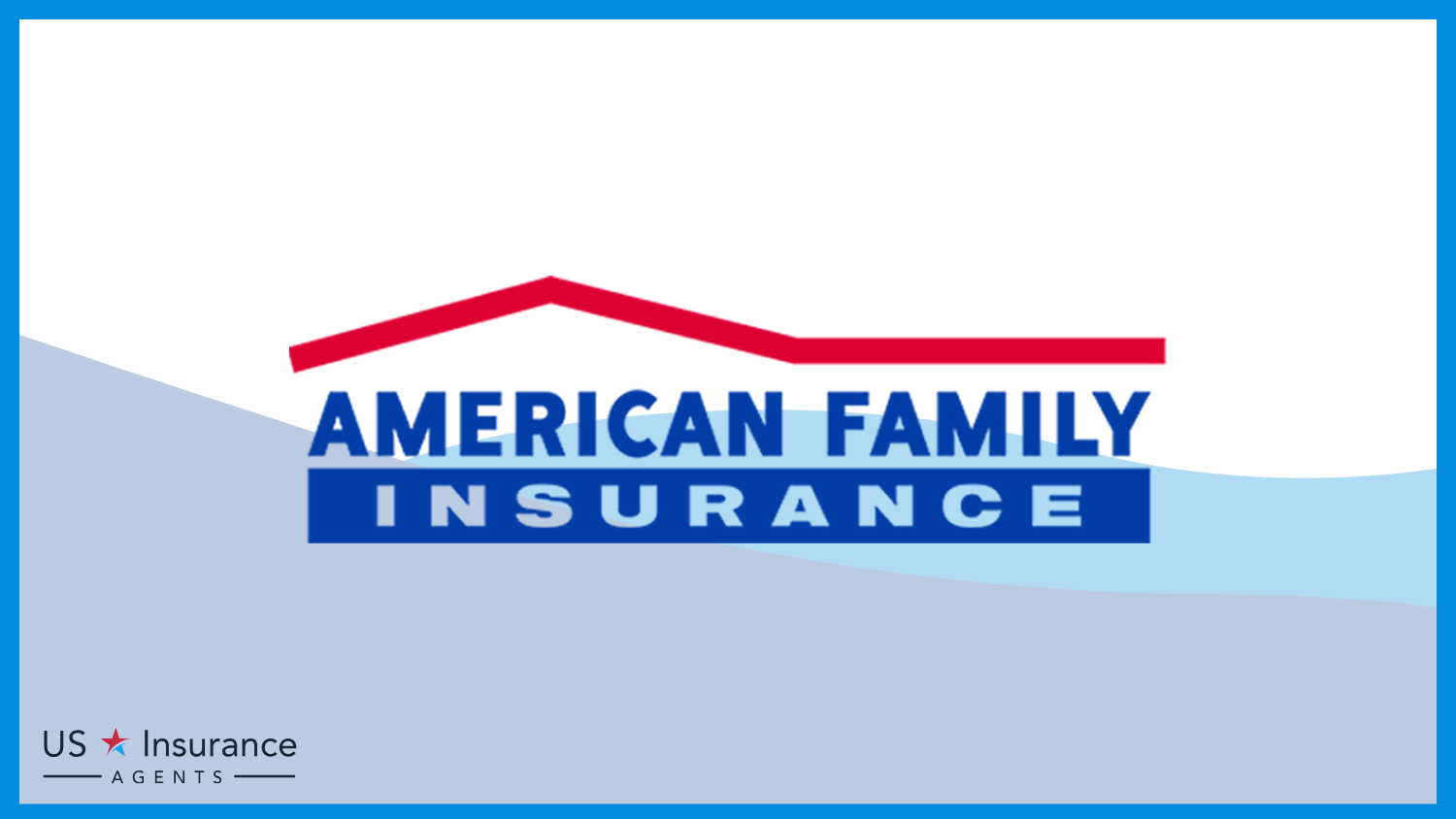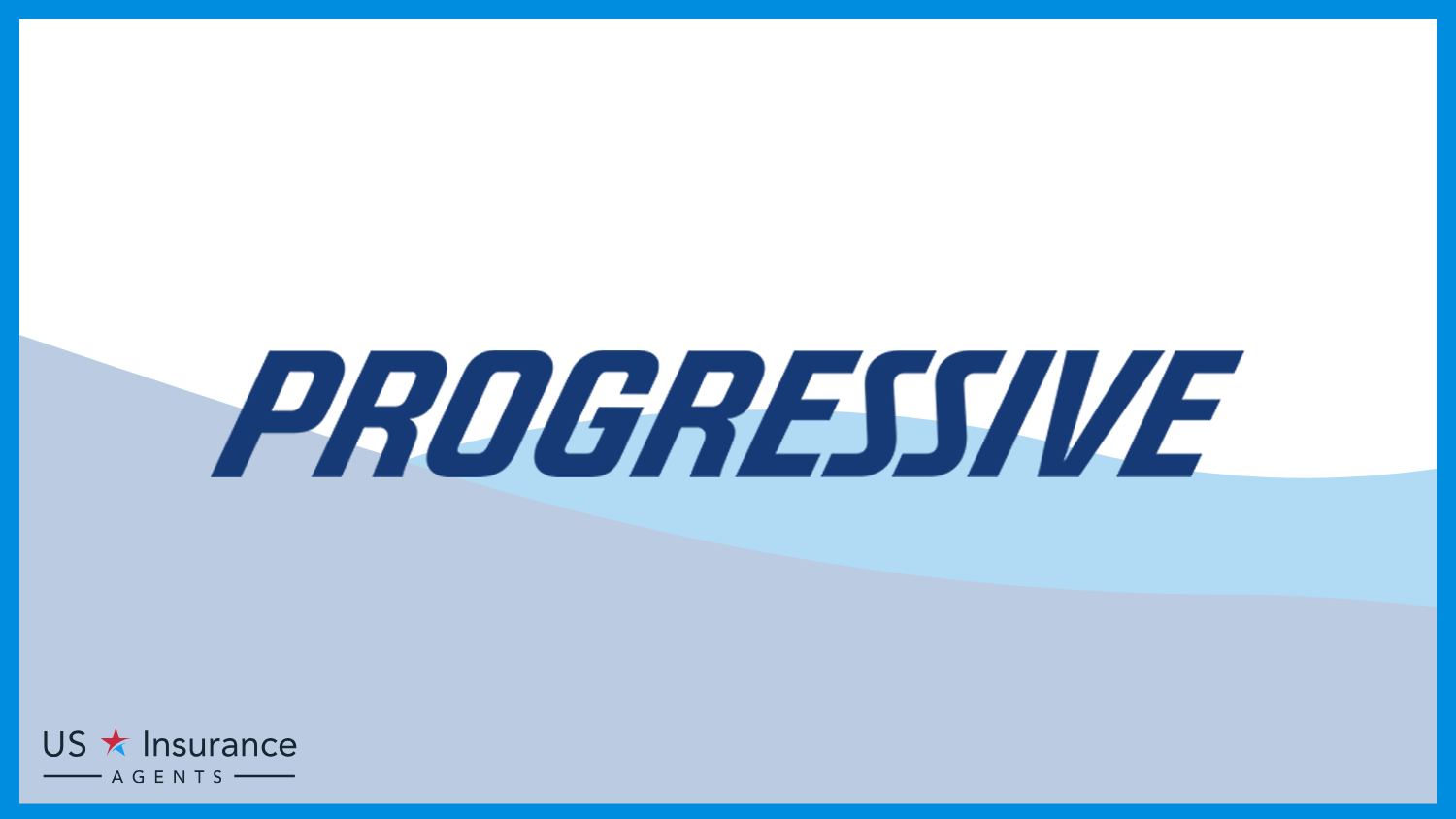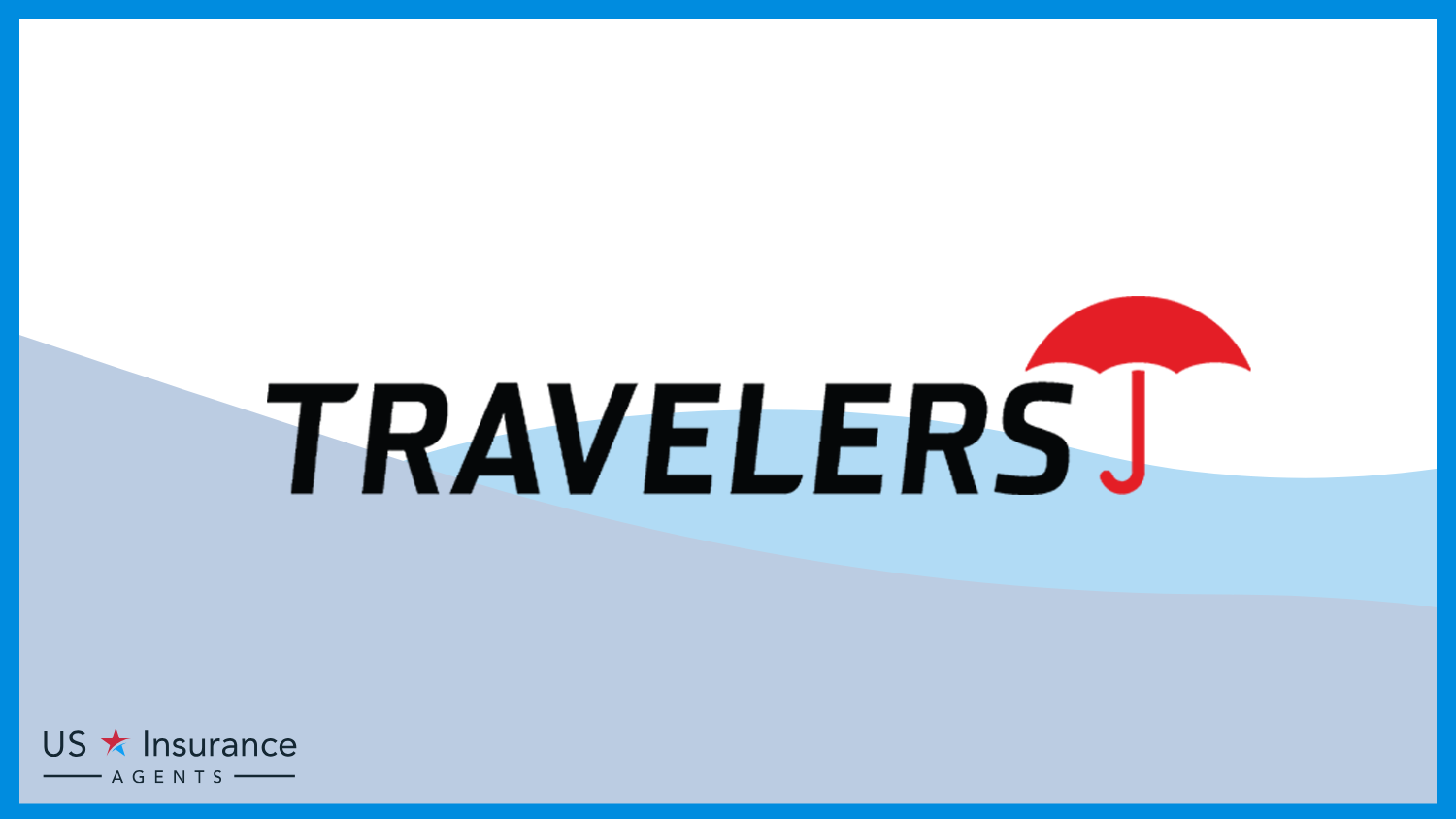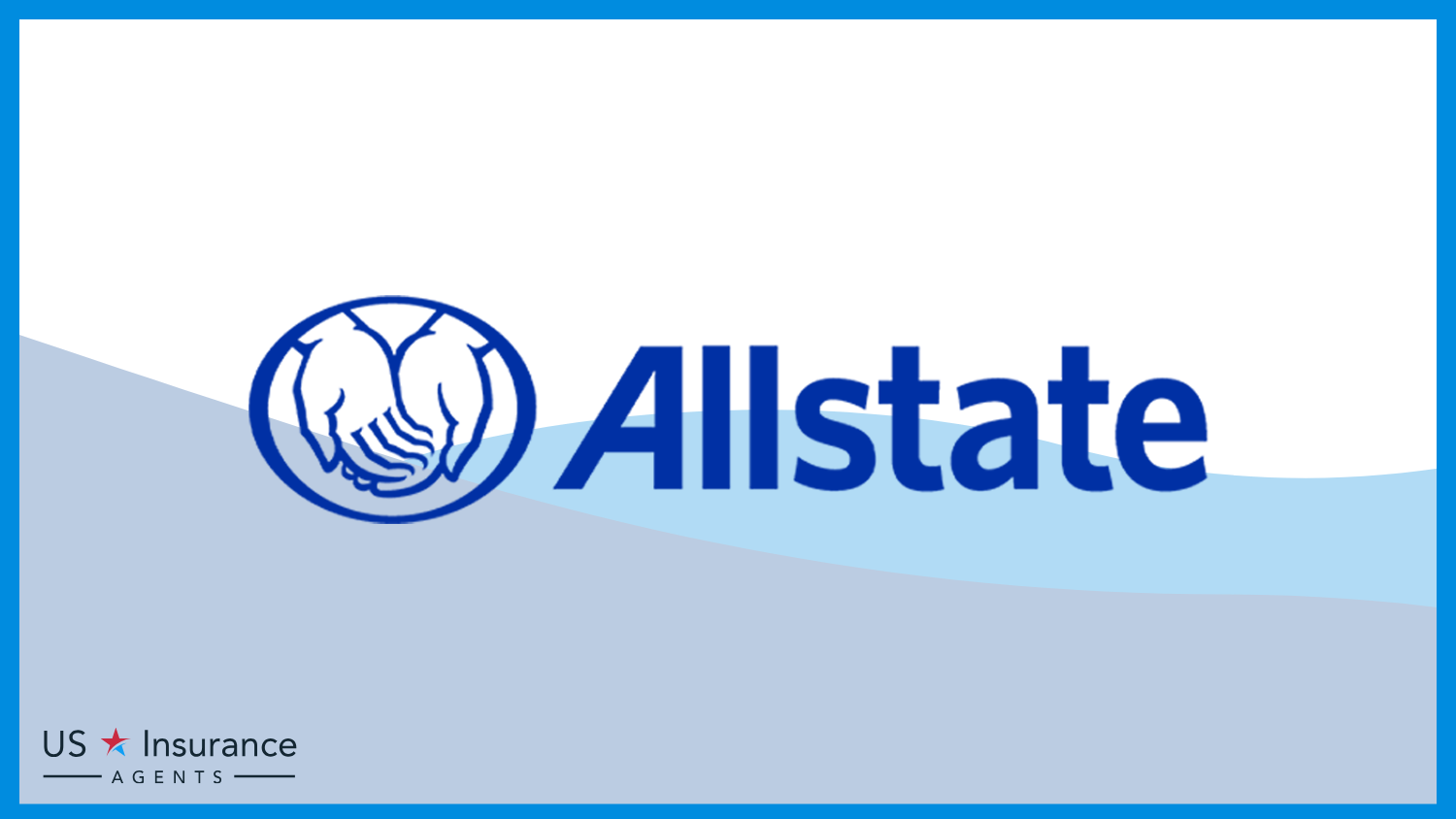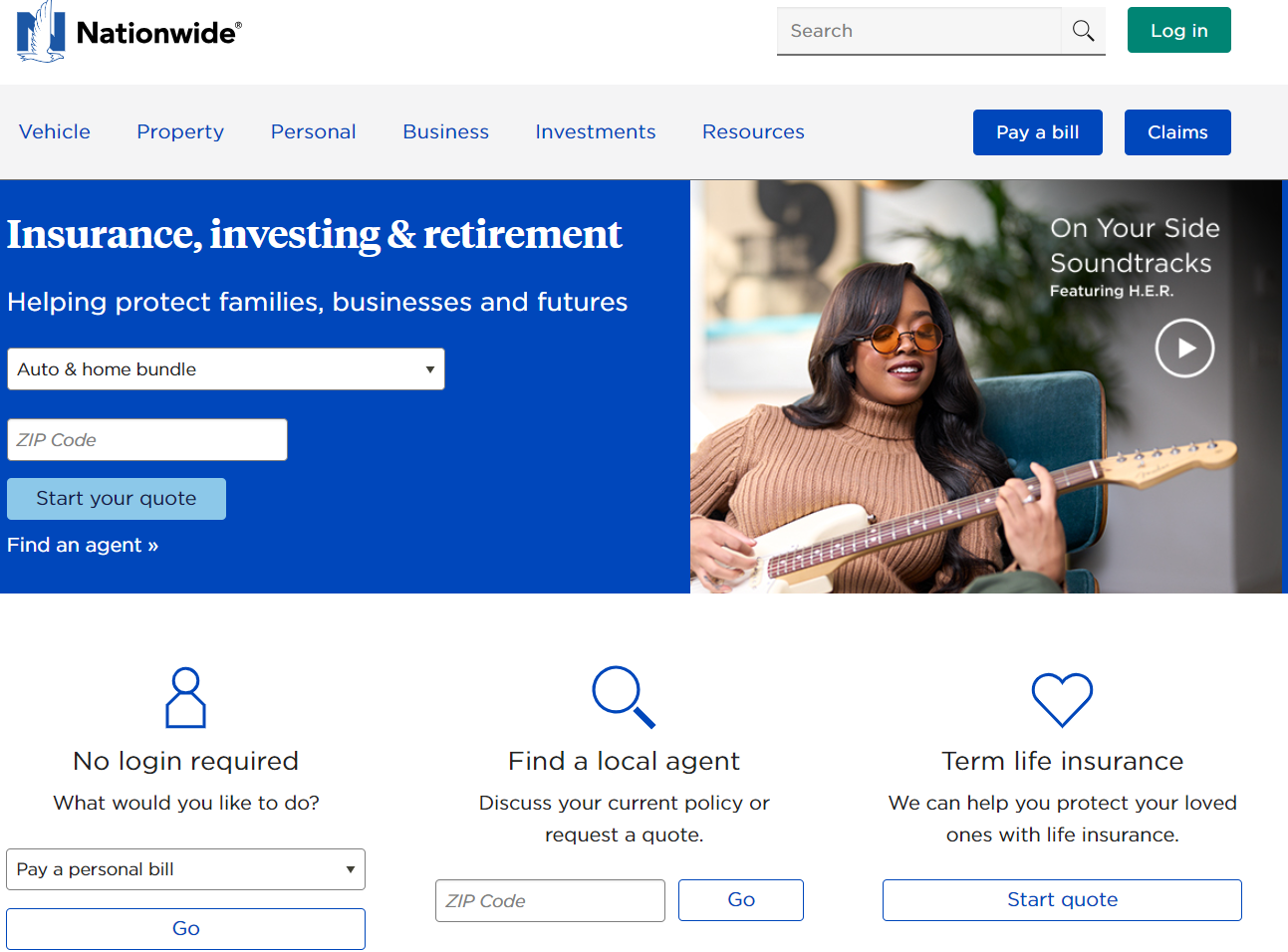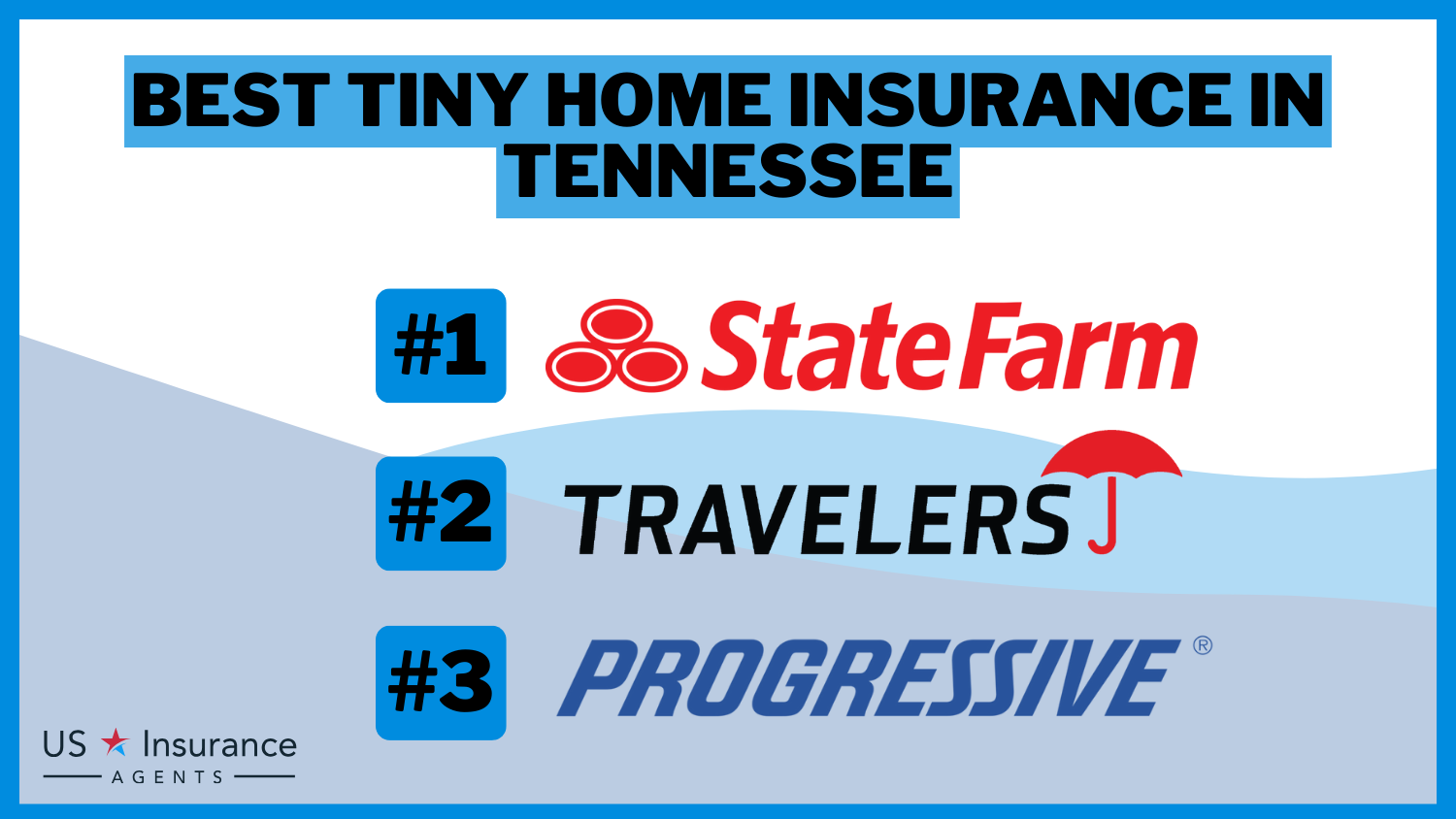Cheap Homeowners Insurance With Bad Credit in 2026 (Save With These 10 Companies!)
Nationwide, USAA, and State Farm offer the best cheap homeowners insurance with bad credit, with rates starting as low as $85 per month. These companies excel at providing affordable premiums and comprehensive coverage, helping homeowners with bad credit secure reliable protection for their homes and investments.
Read more Secured with SHA-256 Encryption





Table of Contents
Table of Contents


Insurance and Finance Writer
Dorothea Hudson has been professionally writing in many spheres since 2013. She has written on entertainment, insurance, finance, travel, technology, AI, renewable energy, crypto, fundraising, and real estate for many websites. Her work has been published for British retailer Marks and Spencer, Kroger Magazine, the Vision Group, and more. Her passions include writing, music, running, travel, te...
Dorothea Hudson


Sr. Director of Content
Sara Routhier, Senior Director of Content, has professional experience as an educator, SEO specialist, and content marketer. She has over 10 years of experience in the insurance industry. As a researcher, data nerd, writer, and editor, she strives to curate educational, enlightening articles that provide you with the must-know facts and best-kept secrets within the overwhelming world of insurance....
Sara Routhier


Executive Chairman
Joel Ohman is the CEO of a private equity-backed digital media company. He is a published author, angel investor, and serial entrepreneur who has a passion for creating new things, from books to businesses. He has previously served as the founder and resident CFP® of a national insurance agency, Real Time Health Quotes. He has an MBA from the University of South Florida. Joel has been mentione...
Joel Ohman
Updated April 2025
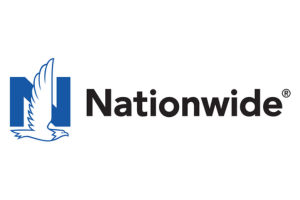
Company Facts
Min. Coverage for Bad Credit
A.M. Best
Complaint Level
Pros & Cons


Company Facts
Min. Coverage for Bad Credit
A.M. Best
Complaint Level
Pros & Cons


Company Facts
Min. Coverage for Bad Credit
A.M. Best
Complaint Level
Pros & Cons

The best providers for cheap homeowners insurance with bad credit are Nationwide, USAA, and State Farm. These companies stand out for their affordability and comprehensive coverage, helping homeowners with bad credit secure reliable protection.
Discover how these top insurers can meet your needs and budget. Additionally, learn about strategies to improve your credit score and find even better rates over time.
Our Top 10 Company Picks: Cheap Homeowners Insurance With Bad Credit
Company Rank A.M.
BestMonthly Rates Best For Jump to Pros/Cons
#1 A+ $85 Financial Stability Nationwide
#2 A++ $88 Exceptional Service USAA
#3 A++ $90 Customizable Coverage State Farm
#4 A+ $91 Competitive Rates Erie
#5 A $92 Policy Discounts Farmers
#6 A $93 Personalized Support American Family
#7 A+ $95 Comprehensive Options Progressive
#8 A++ $96 Extensive Coverage Options Travelers
#9 A $98 Payment Plans Liberty Mutual
#10 A+ $100 Strong Reputation Allstate
Check out the unique benefits and discounts offered by each provider, guiding you to make informed decisions. With the right approach, you can protect your home without breaking the bank.
Finding affordable premiums for home insurance is easy with our free quote comparison tool. Just enter your ZIP code above to find cheap coverage for your home.
#1 – Nationwide: Top Overall Pick
Pros
- Affordable Rates: Offers some of the lowest rates starting at $85 per month. Read more about our Nationwide insurance review & ratings.
- Comprehensive Coverage: Provides reliable protection with comprehensive insurance policies.
- Bundling Discounts: Offers discounts when bundling homeowners and vehicle insurance.
Cons
- Higher Rates for Low Credit: Rates can still be higher for those with very poor credit scores.
- Limited No-Credit Check Options: Not available in states that don’t allow credit scores in insurance rate calculations.
Free Home Insurance Comparison
Compare Quotes From Top Companies and Save
Secured with SHA-256 Encryption
#2 – USAA: Best for Military Families
Pros
- Exclusive Membership: Our USAA insurance review & ratings highlight how the company provides tailored policies for military members and their families.
- Competitive Pricing: Offers some of the most competitive rates for homeowners insurance.
- Strong Customer Service: Highly rated for customer satisfaction and claims handling.
Cons
- Eligibility Restrictions: Only available to military members, veterans, and their families.
- Credit Impact: Like other insurers, credit scores can influence premium rates.
#3 – State Farm: Best for Personalized Service
Pros
- Extensive Network: Large network of agents and resources for personalized service.
- Customization Options: Offers a variety of customizable coverage options.
- Financial Stability: Strong financial backing with high A.M. Best ratings. To learn more, read our State Farm insurance review & ratings.
Cons
- Higher Premiums: May have higher premiums compared to some competitors.
- Credit Score Sensitivity: Rates can significantly increase for those with low credit scores.
#4 – Erie: Best for Customer Satisfaction
Pros
- Discounts: Offers various discounts, including multi-policy bundling and protective device discounts.
- Customer Satisfaction: Erie insurance review & ratings show that the company receives high customer satisfaction ratings.
- Local Service: Known for providing personalized local agent service.
Cons
- Regional Availability: Not available in all states, limiting accessibility.
- Credit Impact: Premium rates are influenced by credit scores.
Free Home Insurance Comparison
Compare Quotes From Top Companies and Save
Secured with SHA-256 Encryption
#5 – Farmers: Best for Coverage Options
Pros
- Coverage Options: Read our Farmers insurance review & ratings to learn more about the extensive range of coverage options and add-ons offered.
- Discount Programs: Provides various discounts for safety features, bundling, and more.
- Strong Online Tools: User-friendly website and mobile app for managing policies.
Cons
- Price Variability: Rates can vary significantly depending on the state and credit score.
- Higher Rates for Bad Credit: Premiums may be higher for individuals with poor credit scores.
#6 – American Family: Best for Flexibility
Pros
- Policy Flexibility: American Family insurance review & ratings offers flexible policies and coverage options.
- Discount Opportunities: Provides discounts for things like safe home measures and bundling.
- Customer Focused: High emphasis on customer service and satisfaction.
Cons
- Credit Score Dependence: Rates are affected by credit score assessments.
- Regional Limits: Availability may be limited to certain regions.
#7 – Progressive: Best for Competitive Rates
Pros
- Competitive Rates: Progressive is known for offering competitive insurance rates. Read more in our Progressive insurance review & ratings.
- Bundling Savings: Discounts available for bundling home and auto insurance.
- Innovative Tools: Offers useful online tools and resources for comparing rates.
Cons
- Credit Score Impact: Credit scores can affect the premium rates.
- Service Variability: Customer service experiences can vary by location.
Free Home Insurance Comparison
Compare Quotes From Top Companies and Save
Secured with SHA-256 Encryption
#8 – Travelers: Best for Robust Coverage
Pros
- Comprehensive Policies: Offers robust and comprehensive homeowners insurance policies.
- Discount Options: Provides various discounts for safety measures and multi-policy bundling.
- Financial Strength: Travelers Insurance is known for its strong financial backing with high ratings from A.M. Best. For a comprehensive analysis, check out our Travelers insurance review & ratings.
Cons
- Credit Influence: Insurance rates can be significantly impacted by credit scores.
- Higher Rates: Can have higher premiums compared to some competitors.
#9 – Liberty Mutual: Best for Customizable Coverage
Pros
- Customizable Coverage: Wide range of customizable coverage options. Check out our detailed Liberty Mutual review & ratings for more information.
- Discount Opportunities: Various discounts for bundling, home safety features, and more.
- Online Convenience: Strong online presence with easy policy management tools.
Cons
- Price Fluctuations: Premium rates can fluctuate based on credit scores.
- Mixed Reviews: Customer service and claims handling reviews are mixed.
#10 – Allstate: Best for Discounts
Pros
- Wide Range of Discounts: Offers numerous discounts for bundling, safety features, and loyalty.
- Strong Agent Network: Our Allstate insurance review & ratings highlight the extensive network of agents that provide personalized service.
- Financially Secure: Strong financial stability with high ratings from A.M. Best.
Cons
- Credit Score Sensitivity: Rates are highly sensitive to credit score changes.
- Higher Premiums: Premiums can be higher compared to some other insurers.
Free Home Insurance Comparison
Compare Quotes From Top Companies and Save
Secured with SHA-256 Encryption
Securing Homeowners Insurance With a Low Credit Score
Bad credit can increase the stress of purchasing homeowners insurance, but it is still possible to obtain coverage with a poor credit history. You can request quotes from the best insurance companies that provide policies to individuals with bad credit. A credit score of 650 or above may qualify for discounts on various insurance types, but scores below 650 are likely to face higher rates and possible denial of the application.
A credit score is calculated through a formula that evaluates your credit history into a single numerical value—delays in payments or defaults will lower this score, whereas timely payments can enhance it. This metric is used by insurers to gauge financial reliability, thus standardizing the use of credit history among creditors and significantly affecting insurance rates for those with bad credit.
Homeowners Insurance Monthly Rates by Credit Score & State
| State | Good Credit | Fair Credit | Bad Credit |
|---|---|---|---|
| Alabama | $119 | $146 | $176 |
| Alaska | $80 | $98 | $118 |
| Arizona | $69 | $84 | $101 |
| Arkansas | $114 | $140 | $169 |
| California | $84 | $103 | $124 |
| Colorado | $125 | $152 | $183 |
| Connecticut | $123 | $150 | $181 |
| Delaware | $69 | $85 | $102 |
| Florida | $163 | $198 | $239 |
| Georgia | $106 | $129 | $156 |
| Hawaii | $92 | $112 | $135 |
| Idaho | $61 | $74 | $89 |
| Illinois | $88 | $107 | $129 |
| Indiana | $83 | $102 | $123 |
| Iowa | $80 | $98 | $118 |
| Kansas | $132 | $161 | $194 |
| Kentucky | $92 | $113 | $136 |
| Louisiana | $164 | $200 | $241 |
| Maine | $74 | $90 | $109 |
| Maryland | $86 | $105 | $127 |
| Massachusetts | $124 | $151 | $182 |
| Michigan | $79 | $96 | $116 |
| Minnesota | $112 | $137 | $165 |
| Mississippi | $128 | $156 | $188 |
| Missouri | $107 | $131 | $158 |
| Montana | $98 | $119 | $143 |
| Nebraska | $123 | $151 | $182 |
| Nevada | $63 | $77 | $93 |
| New Hampshire | $81 | $99 | $119 |
| New Jersey | $99 | $121 | $146 |
| New Mexico | $85 | $103 | $124 |
| New York | $109 | $133 | $160 |
| North Carolina | $91 | $110 | $133 |
| North Dakota | $104 | $127 | $153 |
| Ohio | $72 | $88 | $106 |
| Oklahoma | $157 | $192 | $231 |
| Oregon | $56 | $69 | $83 |
| Pennsylvania | $78 | $95 | $114 |
| Rhode Island | $129 | $158 | $190 |
| South Carolina | $106 | $129 | $156 |
| South Dakota | $100 | $122 | $147 |
| Tennessee | $100 | $122 | $147 |
| Texas | $158 | $192 | $231 |
| Utah | $58 | $70 | $84 |
| Vermont | $77 | $93 | $112 |
| Virginia | $83 | $102 | $123 |
| Washington | $71 | $87 | $105 |
| Washington, D.C. | $103 | $126 | $152 |
| West Virginia | $78 | $96 | $116 |
| Wisconsin | $65 | $79 | $95 |
| Wyoming | $96 | $118 | $142 |
| U.S. Average | $101 | $123 | $148 |
As you can see from the data, if you have bad credit, you could end up paying almost twice as much for homeowner’s insurance as someone with good credit. The state you live in also impacts your overall rates.
Strategies for Securing Affordable Homeowners Insurance With Bad Credit
Securing affordable homeowners insurance with bad credit can be challenging, as higher rates are typical until your credit improves. However, you can mitigate these costs by shopping around for policies. Many websites offer free insurance quotes online through comparison tools, allowing you to evaluate different insurers easily.
Insurance companies vary significantly in how they factor in credit scores—some may not weigh your credit as heavily, potentially offering more favorable rates. Additionally, bundling your homeowners and vehicle insurance policies with the same provider can achieve substantial savings. Understanding why a low credit score impacts your insurance rates and exploring available options can help you find more affordable coverage.
Homeowners Insurance Monthly Rates for Bad Credit by Coverage Level & Provider
Insurance Company Minimum Coverage Full Coverage
$100 $125
$93 $121
$91 $119
$92 $120
$98 $124
$85 $115
$95 $122
$90 $118
$96 $123
$88 $117
The table below compares monthly home insurance rates for individuals with bad credit, detailing the costs for both minimum and full coverage across various insurance providers. Rates vary, with Allstate charging between $100 and $125, and Nationwide offering some of the lowest rates from $85 to $115.
Other providers like American Family, Erie, and USAA also provide competitive pricing, reflecting a diverse range of affordable insurance options tailored to different coverage needs. This overview helps identify the most cost-effective choices for homeowners seeking insurance on a budget.
Impact of Bad Credit on Homeowners Insurance Rates
During the application process, homeowners insurance underwriters check your credit-based insurance score to assess payment reliability. Insurance providers link credit scores with claim likelihood, assuming individuals with higher credit scores are more responsible and likely to pay for damages out-of-pocket. Conversely, those with lower credit scores are perceived as more likely to file a claim due to a history of payment difficulties.
Insurance companies derive your homeowner’s insurance score from your credit score, factoring in payment history, debt, credit length, new credit pursuits, and credit mix as per the National Association of Insurance Commissioners. This score evaluates your risk to insurers; a record of missed payments or few accounts may increase rates. However, your credit score can improve and is just one element considered in determining rates.
Schimri Yoyo Licensed Agent & Financial Advisor
Homeowners insurance without a credit check is uncommon, with about 85% of insurers conducting credit checks. However, in states like California, Maryland, and Massachusetts, regulations restrict or disallow credit score use in setting insurance rates, providing more options for no credit check insurance. Elsewhere, insurers usually examine your credit history.
Compare quotes from the top insurance companies and save!Compare The Best Insurance Quotes In The Country
Secured with SHA-256 Encryption
If your credit score is low or you have filed numerous claims, you may be unable to obtain traditional homeowners insurance quotes. However, if your mortgage requires home insurance, you can obtain coverage through a high-risk insurer despite poor credit. High-risk insurance offers the same coverage as traditional policies but typically at higher rates. For more affordable options, explore tips for cheap home insurance.
Home Insurance Discounts From the Top Providers for Bad Credit
Insurance Company Available Discount
Multi-Policy Discount, Claim-Free Discount, Welcome & Loyalty Discount
Multi-Policy Discount, Home Renovation Discount, Claims-Free Discount, New Home Discount
Multi-Policy Discount,Alarm System Discount,Claims-Free Discount, New Home Construction Discount
Multi-Line Discount, Home Safety Discounts, Non-Smoker Discount, Claims-Free Discount
Multi-Policy Discount, Protective Devices Discount, Claims-Free Discount, Early Shopper Discount
Multi-Policy Discount, Protective Device Discount, Claims-Free Discount, Roof Rating Discount
Multi-Policy Discount, Safety Feature Discounts, Claims-Free Discount, New Home Construction Discount
Multi-Line Discount, Home Alert Protection Discount, Roofing Discounts, Claims-Free Discount
Multi-Policy Discount, Protective Device Discount, Green Home Discount, Loss-Free Discount
Multi-Policy Discount, Safe Home Discount, Claims-Free Discount, Home Security System Discount
The table below outlines a range of discount options offered by various insurance companies, aimed at homeowners with bad credit seeking more affordable coverage. Companies like Allstate, American Family, and Erie, among others, provide discounts on multi-policy bundling, claims-free histories, and specific home safety features.
These discounts are tailored to help reduce premiums and make home insurance more accessible despite financial challenges. Each company offers unique incentives, such as renovation discounts, loyalty bonuses, and protective device discounts, which can significantly lower the cost of insurance for homeowners.
Boosting Your Credit Score for Better Homeowners Insurance Rates
Improving your credit score takes time, requiring you to initially tolerate higher rates. However, as your score improves, so will your eligibility for better homeowner’s insurance rates. To enhance your credit, consistently make timely payments, minimize credit card debt to within your limits, avoid new credit unless necessary, dispute inaccuracies in your credit report, and keep old credit accounts open.
Understanding credit involves taking several crucial steps. Report any discrepancies in your credit history to all three major credit bureaus, providing supporting documents. If you encounter significant financial difficulties, consider consulting a financial advisor to help manage your budget. Additionally, you can secure affordable homeowners insurance even with a poor credit score by comparing quotes from various companies.
Case Studies: Homeowners Insurance for Bad Credit
The following case studies highlight the strategies individuals with bad credit utilized to secure affordable homeowners insurance, demonstrating the impact of improved credit management and tailored insurance solutions. These examples illustrate the real-life applications of principles discussed in the article, focusing on overcoming financial challenges to protect one’s home.
- Case Study #1 – Bundling Discounts: Linda, an Arizona homeowner with a 580 credit score, faced high premiums due to her bad credit. She reduced costs by bundling her homeowners and car insurance, securing a discount that lessened the impact of her low score. Linda is also improving her credit by addressing her debts to further lower her future insurance expenses.
- Case Study #2 – State Regulation Utilization: Michael, in Massachusetts, used state regulations to get “no credit check” insurance quotes after his credit score dropped. He chose a provider that ignored credit scores, securing a fair premium and giving him time to improve his financial health.
- Case Study #3 – High-Risk Insurance Access: Emma, a Florida homeowner with low credit and multiple claims, obtained coverage from a high-risk insurer at higher premiums for comprehensive protection. She is improving her credit and reducing claims to qualify for standard rates in the future.
These case studies demonstrate how individuals with bad credit can secure homeowners insurance by leveraging discounts, using state-specific regulations, and considering high-risk insurance options.
Chris Abrams Licensed Insurance Agent
They highlight the importance of understanding available options and actively improving financial standing to protect property despite financial challenges.
Mastering Homeowners Insurance With Bad Credit: A Strategic Guide
This guide provides crucial information for individuals with bad credit seeking affordable homeowners insurance. It explains how credit scores affect insurance rates and outlines strategies for obtaining cost-effective coverage.
Key points include the impact of credit scores on costs, methods to improve credit for better rates, and high-risk insurance options when traditional coverage is unavailable. It also highlights the importance of comparing quotes and seeking discounts from various insurers to secure necessary home protection.
If you’re looking to protect your most valuable asset with home insurance, compare rates now with our free quote tool below.
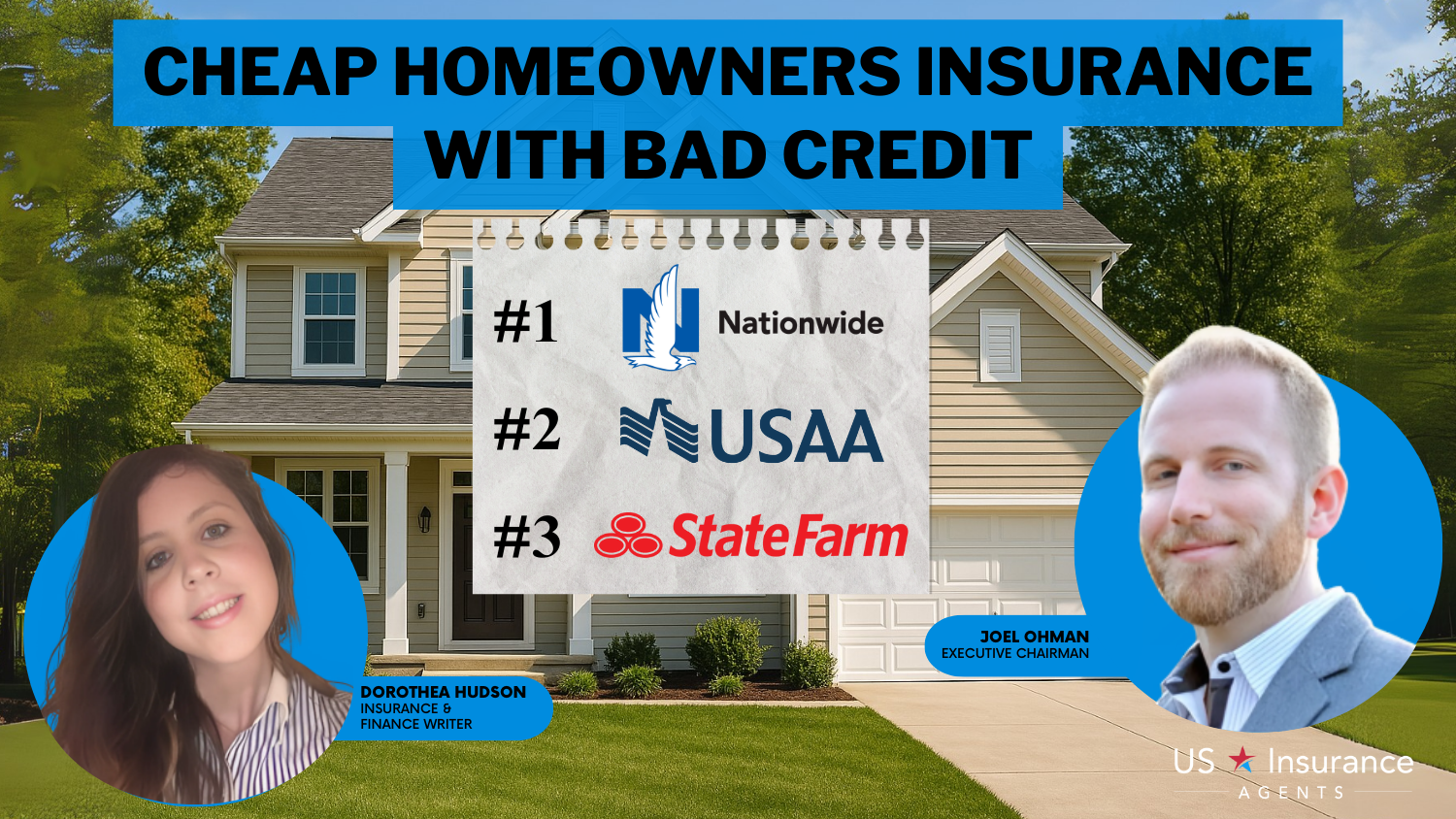
Frequently Asked Questions
Can I find affordable homeowners insurance for bad credit?
Yes, you can find affordable homeowners insurance for bad credit by comparing quotes from various insurers and seeking out companies that specialize in offering competitive rates for those with less-than-perfect credit.
For more details, refer to our extensive guide “22 Tips for How to Get Cheap Home Insurance,” and save on your premiums today.
How does bad credit homeowners insurance affect my premiums?
Bad credit homeowners insurance typically results in higher premiums because insurers view poor credit as an indicator of increased risk, but shopping around can help you find more affordable options.
Find the cheapest home insurance today by entering your ZIP code below into our free comparison tool.
What options are available for bad credit home insurance?
Options for bad credit home insurance include providers like Nationwide, USAA, and State Farm, which offer policies tailored to individuals with poor credit, often with comprehensive coverage and reasonable premiums.
For more information, read our detailed resource titled “How does the insurance company determine my premium?” for further insights.
Which companies offer the best homeowners insurance for bad credit?
The best homeowners insurance for bad credit is offered by Nationwide, USAA, and State Farm, known for their affordable rates and comprehensive coverage for individuals with poor credit.
Where can I find cheap homeowners insurance Nevada for bad credit?
You can find cheap homeowners insurance Nevada for bad credit by comparing quotes from multiple providers online and looking for discounts and special offers tailored to your needs.
To learn more, check out our in-depth guide on insurance titled “Best Nevada Insurance Agents & Brokers,” and get started today.
Is there any cheapest home insurance Texas Reddit recommends for bad credit?
According to discussions on Reddit, USAA and State Farm are often recommended for the cheapest home insurance Texas residents can find with bad credit.
For more details, check out our comprehensive report titled “Best Mobile Home Insurance in Texas” for expert insights.
Are there home insurance companies that do not use credit scores?
Yes, there are some home insurance companies that do not use credit scores, especially in states like California, Maryland, and Massachusetts, where regulations restrict credit score use for insurance rates.
What is the process for getting home insurance with a bad credit score?
Getting home insurance with a bad credit score involves comparing quotes from multiple insurers, checking for companies that specialize in bad credit policies, and possibly bundling with other insurance types for discounts.
Secure cheap insurance for your home by entering your ZIP code into our free quote comparison tool below.
Can I get an experian home insurance quote for bad credit?
Yes, you can get an experian home insurance quote even with bad credit by visiting their website and filling out their quote form, which considers various factors to provide you with a tailored rate.
For a comprehensive understanding, refer to our detailed analysis titled “Insurance Quotes Online” for more insights.
How can I find homeowners insurance with bad credit without a credit check?
To find homeowners insurance with bad credit without a credit check, look for providers offering home insurance no credit check policies or seek coverage in states where credit checks are not allowed for insurance purposes.
Get a FREE Quote in Minutes
Insurance rates change constantly — we help you stay ahead by making it easy to compare top options and save.

